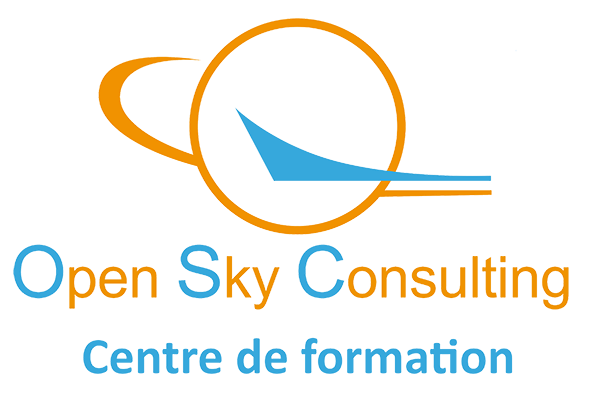
Training of Trainers and TRI/SFI
Objectives
· Strengthen the communication techniques of the trainers
· Design a training methodology appropriate to adult learning standards
· Moderate and evaluate a training session
· Assert oneself calmly in front of all the different profiles of participants whilst mastering some NLP and professional communication techniques
· Lead an active and a motivating training
· Encourage good group dynamics
· Facilitate the learning of each participant
· Anticipate and manage difficult situations well
Contents / Key concepts to be addressed
1. Prepare oneself well in order to moderate
· Take charge of a training kit
· Identify the objectives of the training
· Prepare oneself mentally and logistically
· Project oneself positively
2. Start the training well
· Introduce and assert oneself in front of the group
· Reassure, remove the barriers and put in project
· Foster a favorable learning environment
3. Stimulate and maintain the interest of the group
· Start and analyze a sequence.
· Facilitate the different pedagogical techniques: exercises, role-plays, case studies …
4. Encourage involvement and participation
· Encourage positive group dynamics
· Take into account the chrono-biological rhythms of the participants
· Help each participant to become aware of his/her progress
· Anchor the learning in action
5. Communicate easily in a pedagogical situation
· Deal with stage fright
· Identify effective verbal and non-verbal attitudes
· Make each learner responsible for one’s learning
· Remain focused on the participants
· Practise active listening techniques
· Give constructive feedback
6. Anticipate and manage difficult training situations
· Anticipate potential sources of difficulties
· Find your right position as a trainer
· Manage difficult behaviours
Pedagogical Methods and Resources
· Theoretical methods with course materials
· Computer
· Video projection
